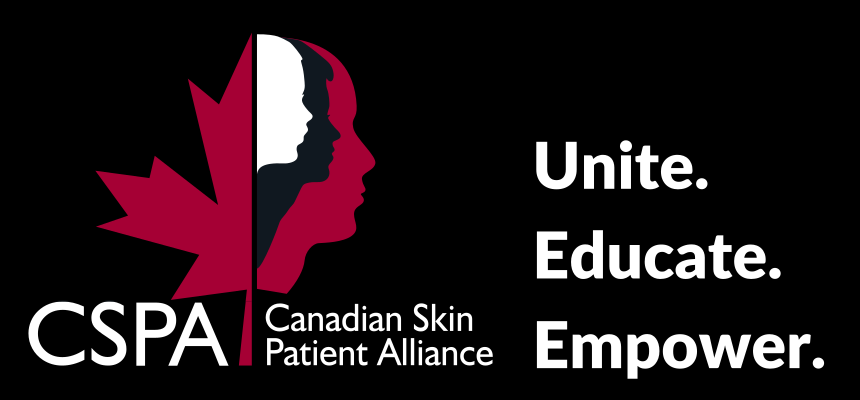Coping and Support
Society emphasizes physical appearance, so having a visible birthmark can really make a person stand out. Children may be particularly sensitive to such treatment. Your and your child’s reactions to how others act when they see the birthmark is important. Here are some ideas for helping you or your child:
- Be positive about people’s reactions. People are often curious and do not know how to react to a visible birthmark. Accept that they are not being rude and try to be polite, friendly or even humorous. It may help to explain the type of birthmark you have. Also, it is okay to be assertive. If other people’s questions seem intrusive, it is all right to let them know.
- Talk to your child about his or her birthmark. Be open, honest, and calm. Use simple terms they can understand. Explain any treatments that they might be getting in the future.
- Show your child how to cope. Children learn by watching other people, especially their parents. Your child will learn how to handle things like hospital visits, making friends, and coping with other people’s reactions by watching you. Therefore, the best way to teach your child is to learn how to respond well to people yourself.
Most birthmarks pose few or no problems, but a person who has a large, obtrusive birthmark on the face may feel very self-conscious. If it’s a child who has the birthmark, parental encouragement and support may be all that’s needed. However, during puberty, the power of parents’ help begins to wane, and the perceptions of others becomes more significant. (For example, unafflicted girls may reject or isolate a peer with a birthmark because they may not want their “blemished” friend to “scare away” boys.) The emotional scars developed during this time may remain with the person for life. As a parent, the best thing to do is to maintain an open dialogue with your child, be as supportive as you can, and consult dermatologists about available treatment options.
For those people with birthmarks who may be limiting their social interactions with others, the support of a psychologist or counsellor may help.











